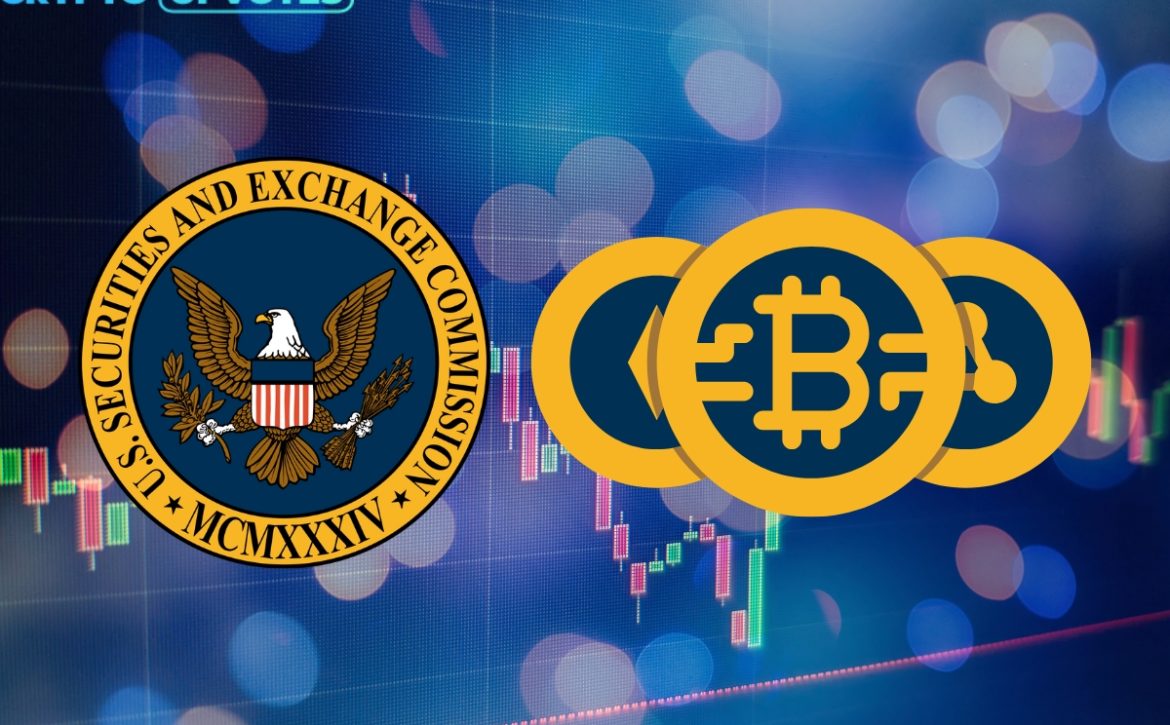Why the XRP victory in court is historic and the main event of the last days for the crypto market
Our experts explained the intricacies of Ripple Labs’ (XRP) important lawsuit for the crypto industry
The court of the Southern District of New York ruled in favor of the blockchain company Ripple Labs in a lawsuit against the U.S. Securities and Exchange Commission (SEC). At the regular hearing, Judge Analisa Torres issued a verdict that no sales or other forms of distribution of XRP tokens issued by the company. As well as sales of these tokens to private investors do not equate to transactions with investment contracts. That is, in fact, tokens are not recognized as securities.
Ownership of tokens, their placement on exchanges, payment with them, algorithmic distribution of coins and other retail transactions are not equated to such transactions. However, the court recognizes as an investment contract transaction the sale of tokens to institutional investors under a preliminary contract.
The XRP exchange rate reacted to the news with an 80% increase in less than a day. The main US exchange regulator has been suing Ripple Labs for several years. On December 22, 2020, the agency accused the company of selling $1.3 billion worth of unregistered securities under the guise of XRP tokens.
Over the years, the SEC’s case against Ripple has become one of the most important proceedings in the crypto industry. In June lawsuits against major crypto exchanges Binance and Coinbase, the commission equated a whole list of crypto assets to securities. The end result of the Ripple case could have serious implications for digital asset rules both in the U.S. and globally.
Why this decision is important
The US SEC’s multi-year lawsuit against Ripple Labs is a significant case because of the fact that its results can be used as a precedent for similar cases. Its results can be used as a precedent for similar cases. At the moment, the SEC alone decides on the status of a particular cryptocurrency. And in doing so, guided by the so-called Howey test.
Given the weight of these events, the immediate course of the process is also important in this situation. And its correct coverage in the media. Often information reaches retail investors in an incomplete or distorted form. This is partly what happened with the so-called victory over the SEC. Which was actually a motion to expedite the case. And the denial of some of the claims and the referral of the case to trial. Of course, the lightning-fast spread of the “news” caused an active rise in the price of XRP and the growth of the entire crypto market. Locally, this event manipulated the growth by bringing back the interest of retail traders.
However, globally, it can indeed be considered a positive decision. It may indirectly indicate that the judge is really getting into the process. And this case will not be considered superficially. This is generally positive for the industry itself, which is obviously experiencing difficulties in the absence of clear. And specific legislation directly for a new type of asset, which is cryptocurrency.
What will happen to other cryptocurrencies
Ripple Labs only partially won the court case. The judge ruled that the XRP token was not a security. But that only applies if it was sold on cryptocurrency exchanges to the general public or “through algorithms” .
The decision is significant because it rejects the SEC’s argument that XRP should be classified as a security. At the same time, the court recognized that Ripple Labs violated the Securities Act. And when it sold XRP to institutional investors. This means that selling the token to hedge funds or venture capital firms was considered a violation of US securities laws.
There is a certain irony in this: now the classification of an asset, its classification as a security, depends not so much on the characteristics of the asset itself. But rather on the characteristics of the investor who bought it. In general, the court’s decision for the crypto industry is quite important and positive.
The fact that the court partially sided with Ripple Labs, suggests that many altcoins, which are the most popular in the cryptocurrencies, are not the only ones. That many altcoins, which were also mentioned in the lawsuit against Coinbase as securities. And would eventually be recognized as cryptocurrencies if their underlying sales took place on public exchanges among the general public or through algorithms.
How the final outcome of the case will affect the crypto market
The final court ruling in favor of Ripple Labs in the case against the SEC could have a big impact on the entire crypto market. And if there is no appeal from the regulator.
The court’s decision could help establish the legal status of cryptocurrencies. And especially in the context of their classification as securities. This will create more clarity and predictability for other cryptocurrency companies and investors.
The court’s decision in the Ripple and SEC case will serve as a precedent for future litigation. Which are related to cryptocurrencies and their compliance with securities laws. If other companies can cite this decision in their cases. This could change the dynamics of cryptocurrency regulation and litigation.
A final favorable outcome for Ripple could impact regulatory policy regarding cryptocurrencies. Regulators may reconsider their approaches to categorizing and regulating cryptocurrency projects. And based on this court ruling. The right actions by the SEC will lead to a favorable environment in the cryptosphere.
Our experts note that this decision may still be subject to appeal. And the final status of the case may take a lot more time. Therefore, it is important to keep an eye on developments and take into account possible changes in the regulatory environment.









